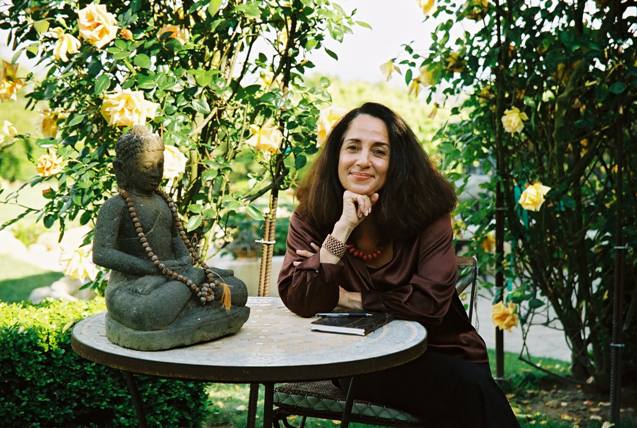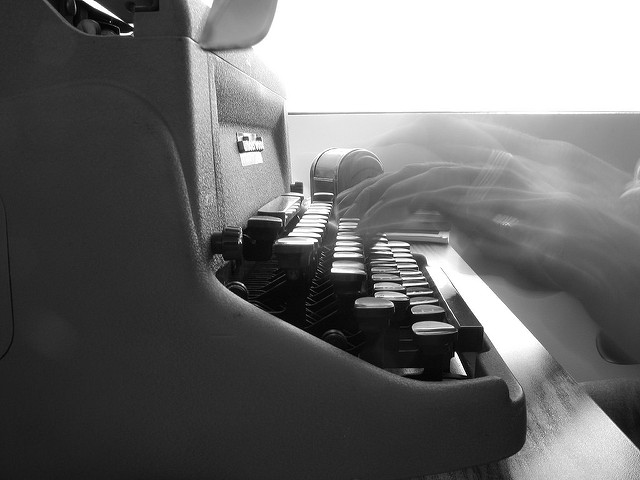
As humans, we desire to understand ourselves and the world we live in.
By identifying the causes and meanings of our life-changing experiences, we come to appreciate their roles in whom we’ve become. However, we often need to take some distance from a lived experience in order to understand it, write about it, and become transformed by it.
We may think of spirituality as the search for truth in our lives. Writing as a spiritual practice can connect us to what seems right for us, both personally and professionally. It can help us determine our mission and reason for being. Memoir writing, in particular, can lead to a sense of well-being and balance, and feelings of elation that may lead to personal transformation.
We’ve all had life-altering moments that have forever changed us, but sometimes it’s only many years after the fact that we realize the true impact of these experiences. As a memoirist, I often write about special moments in my life and the effect they’ve had on me.
For example, there were two life-changing events that inspired my passion for writing. The first was when my grandmother taught me how to type, and the second was finding her journal, in which she wrote about being orphaned during World War I.
I was 10 years old when my grandmother committed suicide.
A few years before she died, she taught me how to type on the black Remington typewriter that sat on the vanity in her bedroom, which was next to mine.
On that memorable day, she said to me, “Have a seat,” and pointed to her vanity chair. “I’m going to teach you how to type. This is a handy skill for a girl to have; plus, you never know what kinds of stories you’ll want to tell one day.”
She stood behind me, her image glowing in the mirror. She took my right hand and positioned it on the second row of keys from the bottom, carefully placing one finger on each letter, and then repeating the same gesture with my left hand.
“This is the position your fingers should be in. When you become a good typist, you won’t even have to look at the letters while you’re typing. Okay, dear, let’s see if you can type your name.”
With my left middle finger, she had me press on the “D.” Then we moved to the right middle finger and moved up a row to type an “I.” Then my pinkie pressed the “A,” and something a bit difficult had to happen—I had to move my right thumb down to the bottom row to type an “N.” Then my left pinkie typed an “A.” After each letter, I glanced up at the paper to see how I’d done. After reaching the last “A,” I proudly looked up at my grandmother’s face in the mirror.
“You see—you did it!” she exclaimed, squeezing my shoulders. “Like anything else in life, the more you practice, the better you’ll become. You must work hard to get results. You’ll learn that soon enough, my love.”
This seemingly trivial gesture on my grandmother’s part inspired my lifelong interest in all types of writing. I still have a replica of her typewriter, and it is a continual reminder of our mutual love for the written word.
The next momentous event in my life took place 20 years later when my parents gave me my grandmother’s journal, which she’d written in after emigrating from Vienna in the early 1930s. She’d written about her tumultuous childhood during World War I in Poland, and I found that her despair helped me put my own life as a two-time cancer survivor into perspective.
Writing about life-changing events can be healing, liberating, and truly satisfying…and we can’t ask for more when we engage in a spiritual practice.

Here are some prompts to help you write about life-changing events:
1. Write about an event from your childhood that changed your life.
2. Write about a decision you made that turned out better than you anticipated.
3. Write about the first time you had sex.
4. Write about a family ritual that helped make you the person you are today.
5. Write about what you remember about a sibling or cousin being born.
6. Write a letter to someone who is no longer alive, who influenced your life.
7. Write about a job or event that transformed you, and why.
~
Author: Diana Raab
Image: Author’s own; mpclemens/Flickr
Editor: Catherine Monkman
Copy Editor: Nicole Cameron
Social Editor: Lieselle Davidson










Read 0 comments and reply